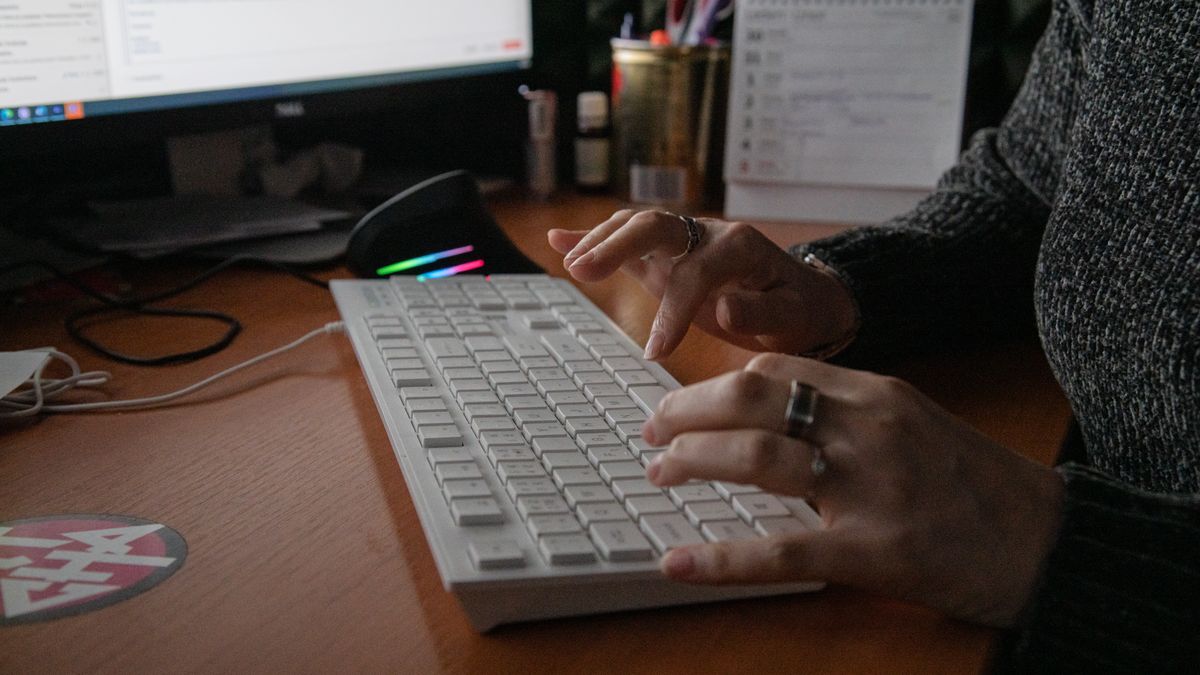#Health #worried #increase #number #whooping #cough #cases #France
Significant epidemics in Croatia, Denmark, United Kingdom; significant increases in cases in Belgium, Spain and Germany.
Europe is currently experiencing an increase in cases of whooping cough, to which France is no exception.
What is the situation in France?
Public Health France confirms this in a press release dated April 18: “Since the start of 2024, around twenty grouped cases (or clusters) have been reported in eight French regions compared to two grouped cases in one and the same region (Island). -de-France) for the whole of 2023”.
In detail, for the first three months of 2024, “around fifteen clusters, mainly in communities (nursery schools, primary schools, daycare centers and nursery homes) but also in families and totaling 70 cases have been reported to Public Health France”. In 2023, 18 infected people had been identified.
What should you expect?
The multiplication of cases and the very significant increase in the number of clusters indicate a resumption of the circulation of the bacteria.
According to Public Health France, this circulation could intensify in the coming months. The health agency emphasizes, however, that the French situation does not reach the levels of our European neighbors and the United States where hundreds of cases have been recorded every week since the end of 2023.
What is whooping cough?
Whooping cough is a respiratory infection caused by a bacteria called Bordetella Pertussis. It is a very contagious disease that causes coughing fits that can last several weeks.
Complications may occur in babies, pregnant women, immunocompromised people, and those with chronic respiratory illnesses such as asthma.
Although whooping cough has declined significantly since the introduction of the vaccine, infants who have not yet been vaccinated and adolescents and adults who have lost the protection conferred by the vaccine constitute a population at risk of whooping cough.
Whooping cough progresses in cycles of resurgence, every three to five years. If we could expect a peak in 2021-2022, the health measures implemented against Covid-19 have undoubtedly reduced the transmission of the disease.
What treatment for sick people and people at risk?
Whooping cough is not a notifiable disease, but a report must be made to the Regional Health Agency when it is a nosocomial infection or grouped cases (from two).
Treatment is based on taking antibiotics for sick people. Antibiotic prophylaxis, that is to say antibiotic therapy before the onset of the disease, is indicated for unvaccinated contact persons.
A vaccination update is also recommended.
How to protect yourself from whooping cough?
The vaccine is the only means of prevention against whooping cough. It helps reduce severe forms, hospitalizations and deaths, mainly in infants under six months of age.
Are recommended:
- A primary vaccination (compulsory for children born since 2018) from two months and boosters at six years, 11-13 years and another at adulthood from 25 to 39 years.
- Vaccination of pregnant women preferably between 20 and 36 weeks of amenorrhea. If not, vaccination of the mother after delivery and of people likely to be in contact with the baby until six months.
Source: Ameli.fr, Public Health France, Ministry of Labor, Health and Solidarity










